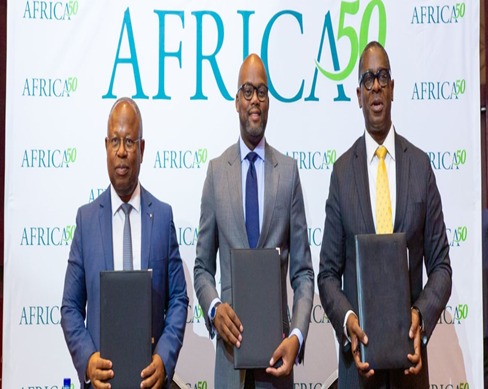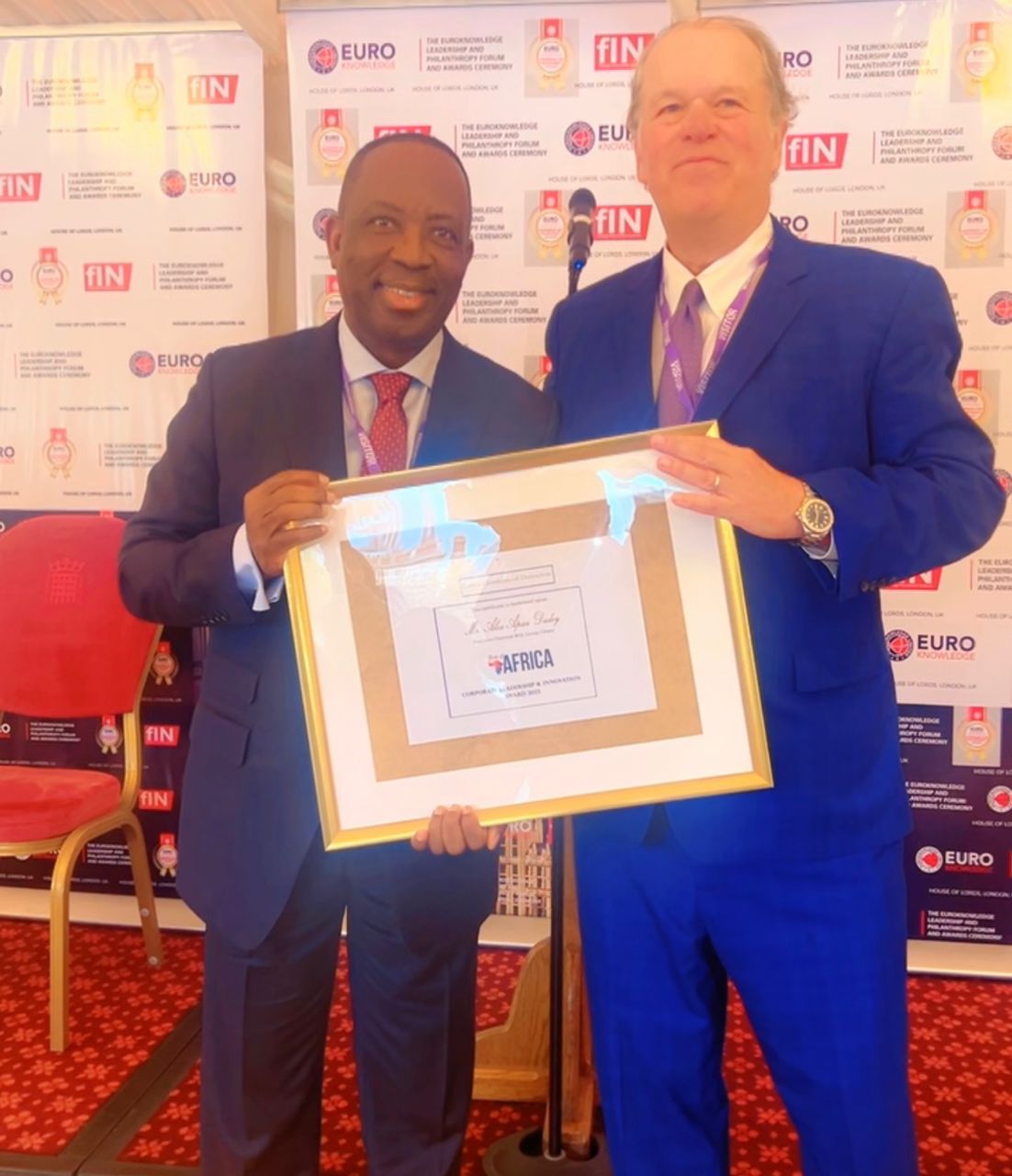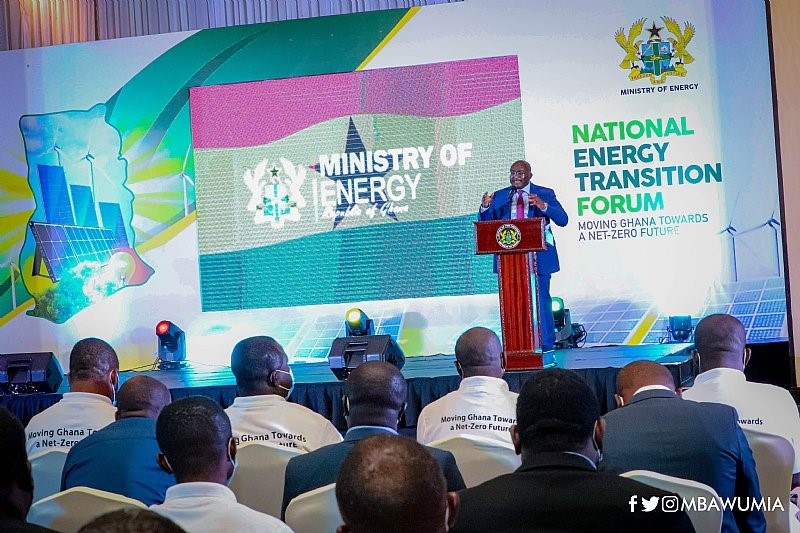Alain Ebobissé, CEO of Africa50; Wamkele Mene, Secretary-General of the African Continental Free Trade Area; and Solomon Quaynor, African Development Bank Vice President, at the signing of an MOU to catalyze infrastructure development.
The African Development Bank Group, the African Continental Free Trade Area (AfCFTA) Secretariat, and Africa50 have signed a Memorandum of Understanding to catalyse infrastructure development across the continent and unlock the full potential of the largest free trade area in the world since the establishment of the World Trade Organization.
Signed at the Africa50 General Shareholders Meeting in Maputo on Wednesday, the tripartite agreement establishes a comprehensive framework for cooperation in identifying, designing, constructing, and maintaining critical infrastructure projects that will enhance intra-African trade, accelerate regional integration, and drive digital transformation across the continent’s market of 1.3 billion people.
Currently, intra-African trade accounts for just 15–18% of total African trade, compared to 68% in Europe and 59% in Asia. The new partnership between the three institutions aims to dramatically increase this figure by addressing the infrastructure gaps that currently constrain trade flows across African borders. It will prioritise developing multimodal transport corridors, cross-border infrastructure, logistics hubs, ports, and airports to seamlessly connect African markets and reduce the cost of doing business across borders.
Recognising the transformative power of the digital revolution, the partners will also work together to establish cutting-edge data centres and digital trade platforms, enabling African businesses to compete in the global digital economy.
“The African Development Bank has played a lead role in supporting the development and operation of regional economic corridors throughout the African continent by investing over $55 billion in the last nine years to develop road corridors, ports, railways, and expand power pools to interlink countries and boost trade,” said Solomon Quaynor, the Bank’s Vice President for Private Sector, Infrastructure & Industrialization.
Specifically, the Bank invested over $8 billion across 109 cross-border, economic corridors, and infrastructure projects between 2014 and 2024
He added: “The tripartite agreement between the AfCFTA Secretariat, the African Development Bank, and Africa50 underscores the paramount importance of realizing the full potential of the AfCFTA single market with its combined annual GDP of $3.4 trillion through the establishment of transport infrastructure.”
Alain Ebobissé, CEO of Africa50, emphasized that the agreement will support “the development and financing of trade-enabling infrastructure to boost intra-African trade, one of the continent’s greatest endeavours.”
The partnership will operate on six strategic pillars: ensuring alignment with the AfCFTA Agreement and regional policies; jointly identifying bankable projects; mobilising capital through innovative finance mechanisms; establishing robust tracking systems; encouraging stakeholder dialogue; and integrating environmental, social, and governance standards throughout project lifecycles.
The three-year memorandum of understanding will be operationalised through detailed joint work plans and specific implementation agreements that will define projects, timelines, and financing arrangements. Technical working groups will be established to



